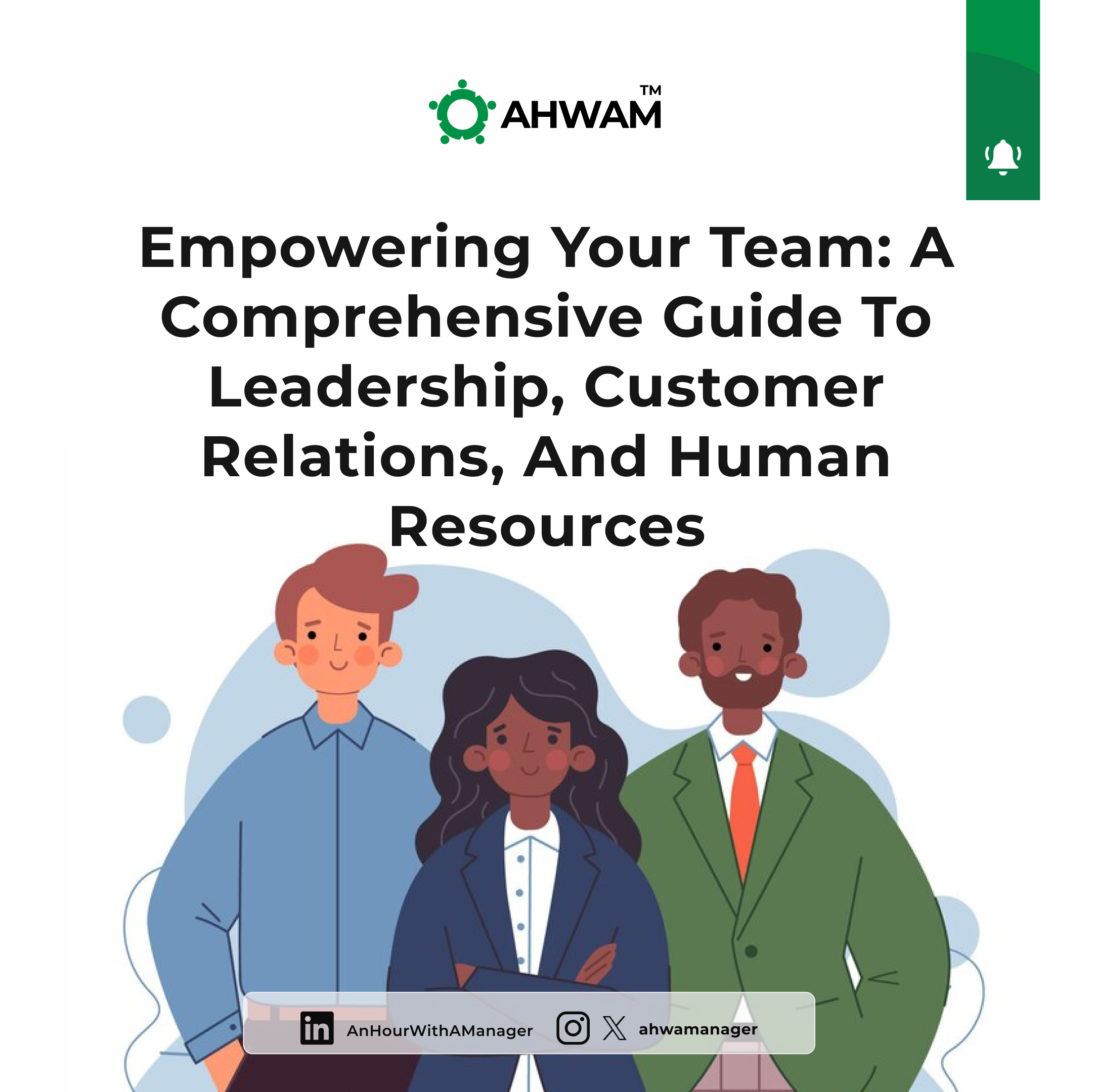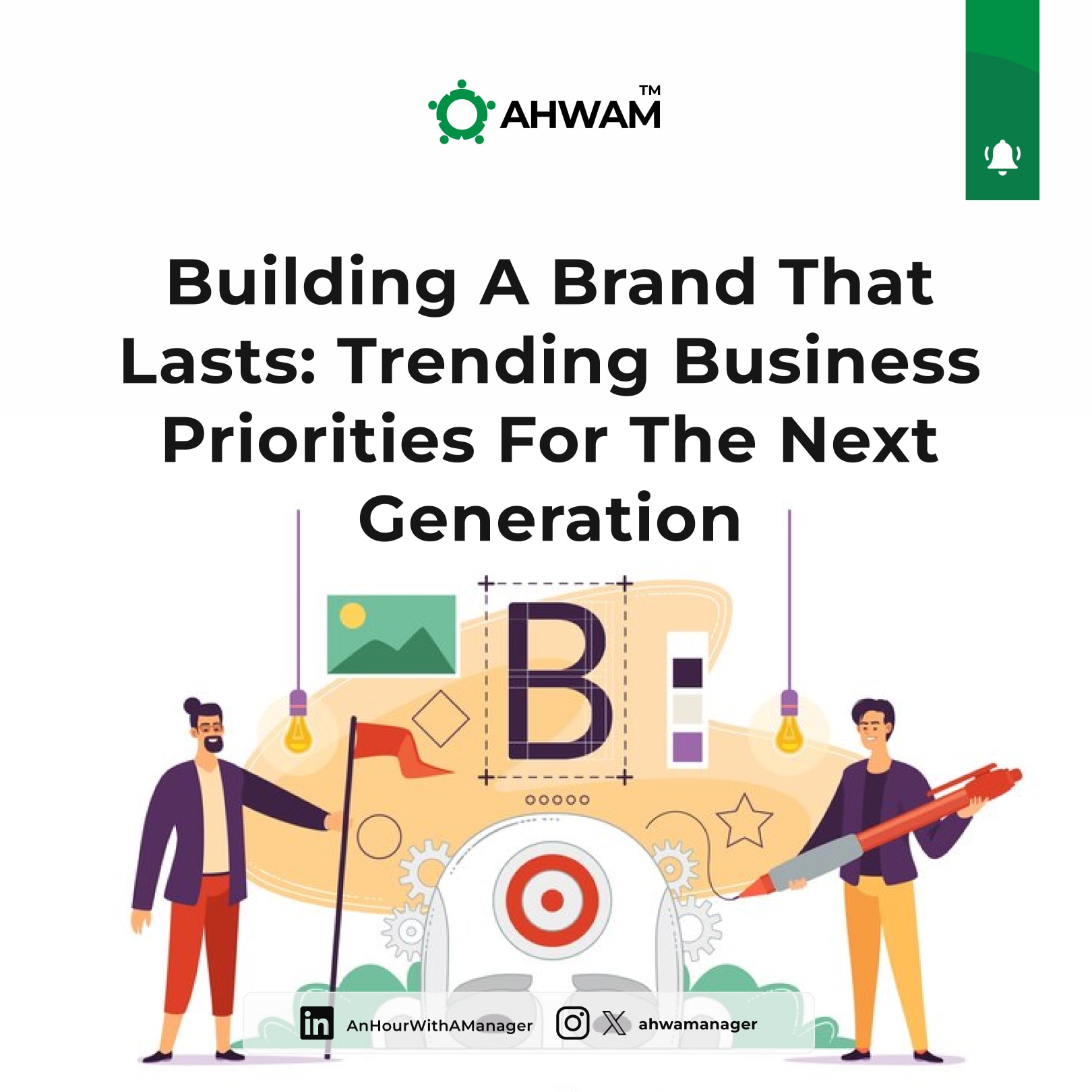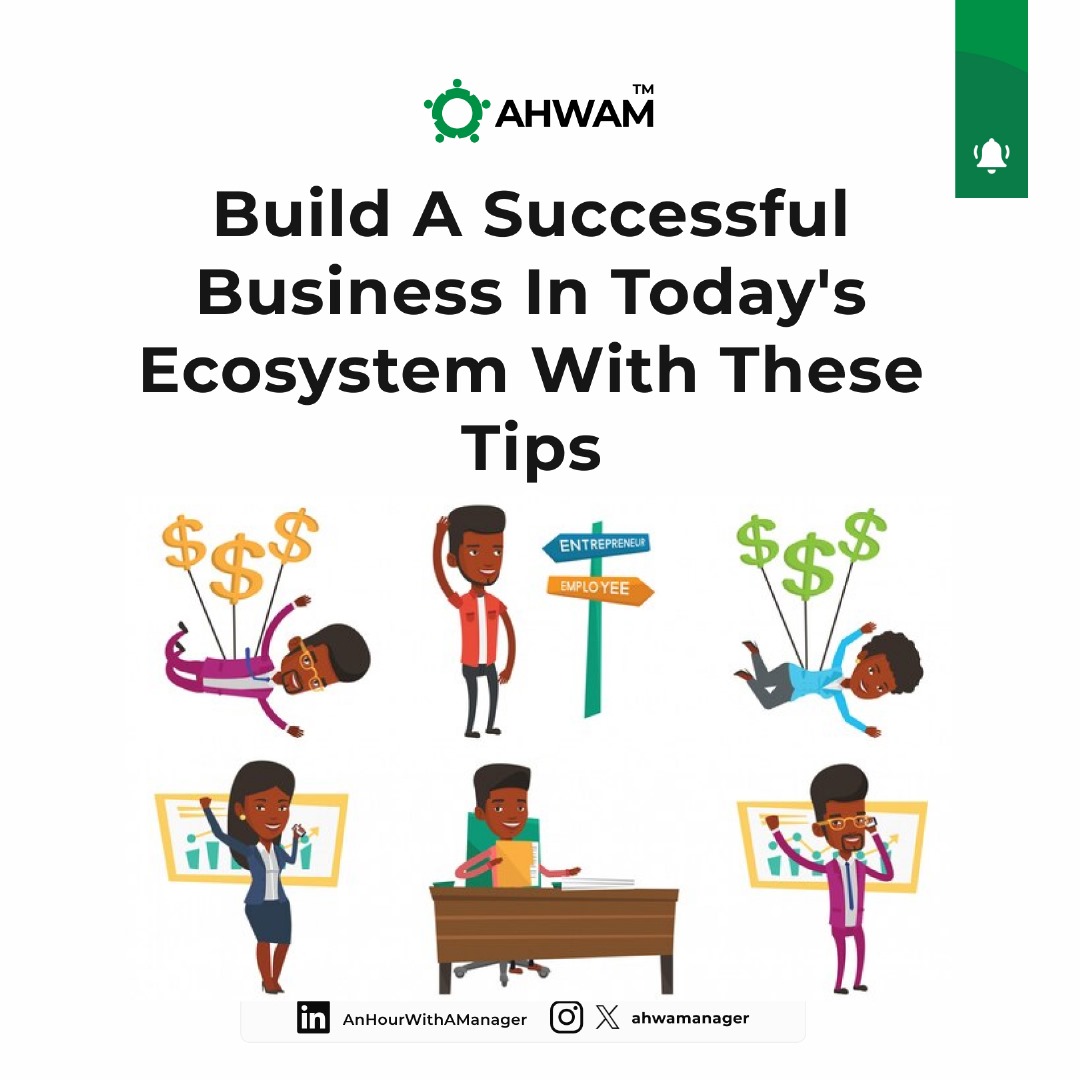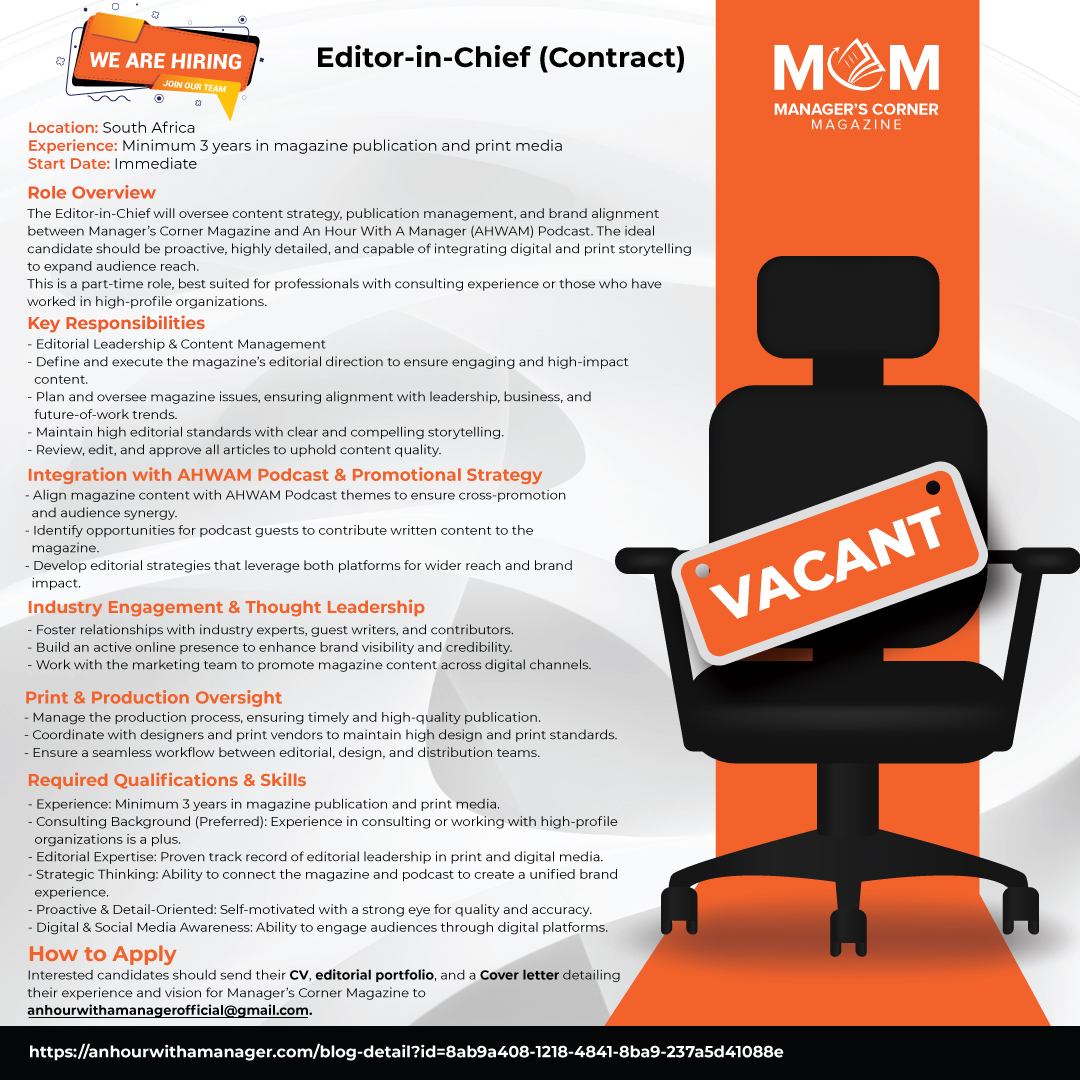The world of work is transforming business sectors, largely driven by the rapid advancement of artificial intelligence (AI). While common perceptions often describe AI as a threat to human jobs, the reality is more minute. AI is increasingly seen as a tool that enhances efficiency and reshapes workflow and collaboration.
As organizations embrace digital change, integrating AI into various business operations is becoming standard practice. From automating routine tasks to enabling more informed decision-making, AI is revolutionizing how we work, connect, and collaborate. However, its true potential lies not in replacing human workers, as some fear, but in increasing human abilities and improving collaboration between humans and machines.
The Rise of AI in the Workplace
A recent McKinsey report highlights the increasing adoption of AI across industries, with 50% of organizations embedding AI in at least one business function. This adoption extends to various tasks, such as integrating note-taking AI into meeting minutes. For example, Read.ai.
Trends Shaping the Future Workplace
- Employee-Centric Approach: According to Gartner, 82% of employees agree it is important that their organization sees them as a person not only as an employee. This highlights the growing importance of a human-centered approach in the workplace, where employees' individual needs and aspirations are considered alongside business goals.
- AI-Powered Decision Making: According to the Deloitte Global Human Capital Trends report, AI is increasingly being used to augment decision-making processes in organizations. This trend is driven by the growing volume of data available to businesses and the need to make faster, more informed decisions.
- Continuous Learning and Skill Enhancement: With AI automating routine tasks, there is a growing emphasis on continuous learning and skill enhancement. The World Economic Forum predicts that by 2025, 50% of all employees will need continuous learning.
Strategies for Effective AI-Human Collaboration
- Foster a Culture of Innovation: Encourage a mindset that embraces AI as a tool for innovation rather than a threat. Leaders should promote continuous learning and experimentation with AI technologies.
- Invest in AI Training Programs: Develop comprehensive training programs to equip employees with the skills needed to work alongside AI. This investment can lead to a significant increase in productivity and better ROI.

- Implement Ethical AI Approaches: Establish guidelines to ensure ethical and responsible use of AI, manage biases in AI algorithms, and provide a transparent decision-making process.
- Leverage AI for Enhanced Customer Experience: Use AI to personalize customer interactions and improve service delivery, leading to higher customer satisfaction rates.
Embracing AI in Our Organization
At "An Hour With A Manager," we initially struggled with AI jargon in trying to use AI as an editor for our social media content but we overcame this challenge through constant communication and mini-trainings. This approach allowed us to see AI as a tool for strategic delivery, which led to increased efficiency and innovation in various aspects of our workflows.
Successful AI-Human Collaboration
- Google’s AI-Powered Workspace: Google has integrated AI into its workplace tools, streamlining tasks and enhancing productivity. Features like predictive text in emails showcase the potential of AI-human collaboration.
- IBM’s Watson in Healthcare: IBM’s Watson is revolutionizing healthcare by assisting doctors in diagnosing diseases and recommending treatments, demonstrating how AI can augment human expertise.
Why it is important to Note!
While concerns about AI replacing jobs exist, it's crucial to view AI as a tool for enhancing work rather than a threat. Organizations that effectively utilize AI will be steps ahead. The future of work lies in leveraging the strengths of both AI and human workers. By embracing AI-human collaboration, organizations can drive innovation, enhance productivity, and stay ahead of industry trends. As a business leader, understanding and harnessing the potential of AI will be key to shaping a successful future for your organization.
“No change can be made without trust. Yet only 16% of surveyed employees express a high level of trust in their employers. Leaders can change this by involving employees in decision-making, implementing responsible data-driven strategies, and explaining potential risks companies might face.” Deloitte
References for further reading:
- https://www.mckinsey.com/capabilities/quantumblack/our-insights/the-state-of-ai-in-2023-generative-ais-breakout-year
- https://www.gartner.co.uk/en/insights/future-of-work
- https://www.deloitte.com/lt/en/about/press-room/deloitte-2024-global-human-capital-trends.html
- https://www.weforum.org/press/2023/04/future-of-jobs-report-2023-up-to-a-quarter-of-jobs-expected-to-change-in-next-five-years/
Summary
"The Future of Work: How AI and Human Collaboration are Shaping the Workplace" explores how artificial intelligence (AI) is transforming various sectors. Contrary to fears that AI will replace human jobs, the article emphasizes that AI improves human abilities, streamlining operations, and promoting collaboration. Highlighting trends like employee-centric approaches, AI-powered decision-making, and the importance of continuous learning, the article offers strategies for effective AI-human collaboration. It also showcases successful examples from Google and IBM, illustrating AI's potential to augment human expertise and drive innovation.










